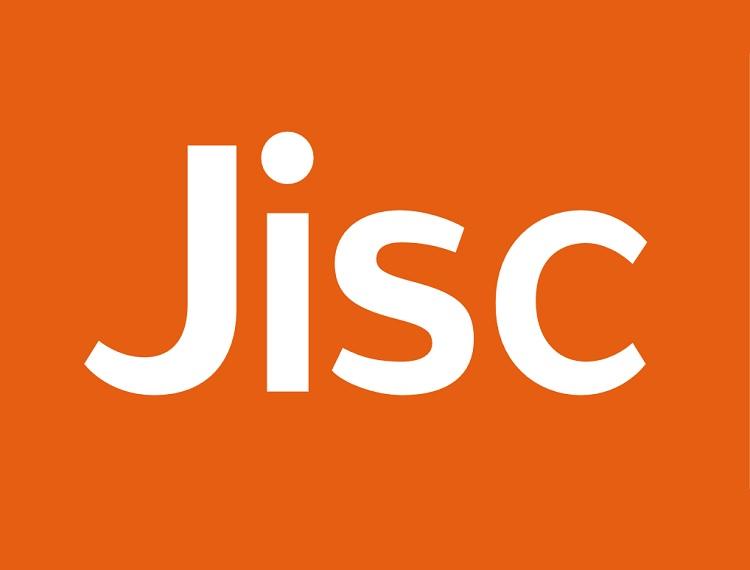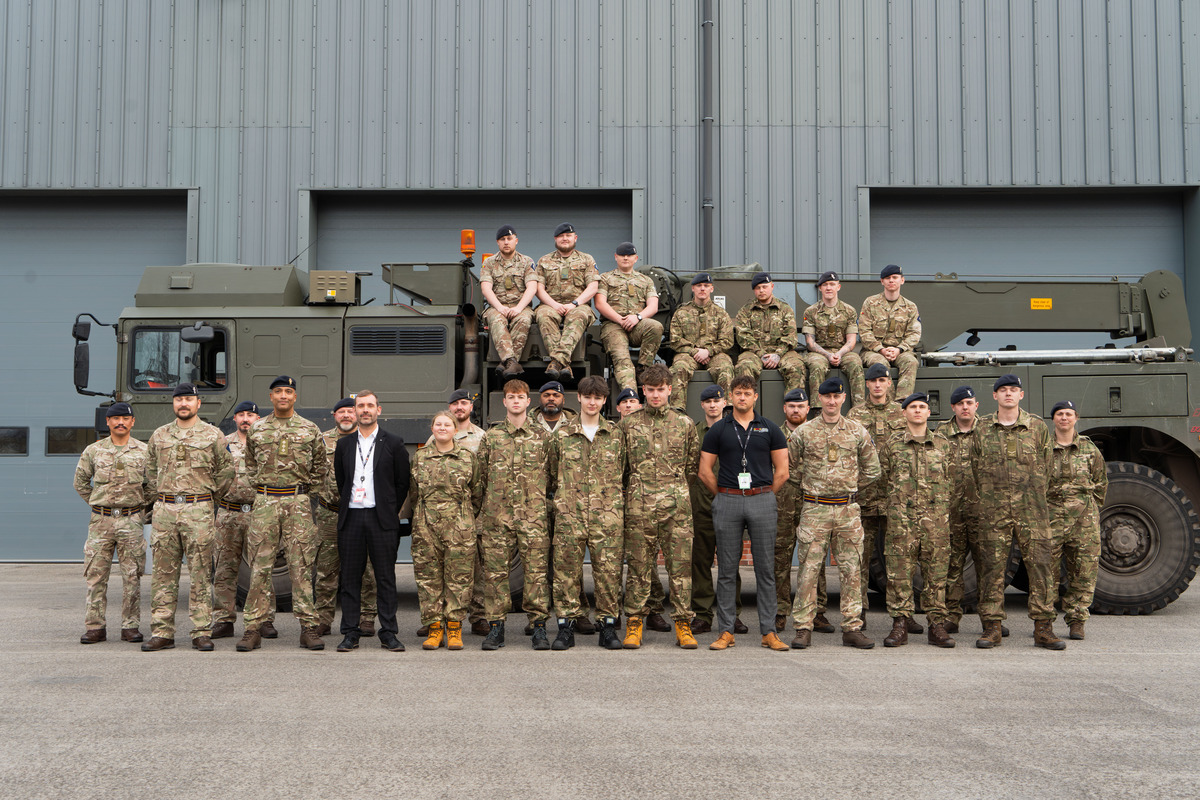Opening up worlds: the power of extreme personalisation

Technology has an increasingly important part to play in supporting a more personalised learning experience for each and every learner. Specialist colleges have been leading the way in this area for a considerable time. What can the rest of the sector discover in their approach?
“It really starts with the learner,” says David Finch, director of technology innovation at National Star College in Cheltenham. “At its heart it is all about understanding how the learner learns”. At National Star that means understanding – and responding to – the very specific needs of learners with a range of physical disabilities and learning difficulties.
He gives an insight into what a truly personalised learning experience looks like. Each of the 170+ learners at National Star has a bespoke – and frequently reviewed and updated – technology profile supported by a multidisciplinary team.
So, for example, a learner with communication difficulties will have an assigned speech and learning therapist working with them through a communication aid. Alongside them will be a subject tutor looking at the programming of the language symbols that need to be input into the device to enable the learner to access learning. An occupational therapist will be looking at their posture in the wheelchair and considering any additional technology they need in order to view a screen, access a desk or control a mouse or head switch.
Making learning equitable
In the classroom, multidisciplinary teams will also be working with learners in teaching sessions. If a learner is working with a speech and language therapist to construct phrases they do it in class, in the context of the learning taking place, not in isolation.
An assistive technologist will be looking at how the person learns and then how the technology supports that learning. They find the right software and assistive technology to make sure that the learner can access the learning on an equitable level with the other learners.
“It is a job that requires a little bit of technology knowledge but underlying it all is having an understanding of the requirements of teaching sessions and what the learner is required to do,” says David Finch. “Assistive technologists talk to tutors, to the learners, to additional support staff and therapists to get a really good understanding of the requirements before they even look at the technology.
Unless you’ve got that knowledge you can’t start to enable someone because you’re making too many assumptions. That’s when assistive technology goes wrong and the learner ends up going around with technology that is not useful and underused. It is important to look at behaviours before you start thinking about the technology.”
Opening up worlds
Fil McIntyre, lead assistive technologist at Beaumont College in Lancaster, agrees. Working to enable personalised learning for a wide range of learners with high support needs, he sees two strands to his role.
“The first is enabling people with a disability to access technology by adapting the technology to meet someone’s needs. The second strand is about how can we use technology to open up someone’s world.”
Devices such as Alexa and Google Home have played a key role recently in helping to open up worlds – and independence – for some of Beaumont’s residents. Where previously some learners with literacy issues had to rely on another person to type in information for them, they are now able to do research and find out information using their voice.
Life-changing devices
“That has big impacts on that person’s social life and access outside the college environment,” says Fil. “For some it may be as simple as being able to play music for themselves for the first time. Whereas they couldn’t access the controls on their MP3 player, they can now speak to the device and have it linked to their music collection and easily be able to do that fully independently.”
This kind of consumer-end technology is also generally more affordable – and so more accessible – than bespoke assistive technology has been.
“There’s a big chunk of people who used to not have access because they could not afford it or it wasn’t seen as viable for them or they may not have accepted that bespoke technology whereas they would accept an iPad or a Google Home that they see as standard, mainstream technology,” Fil continues. “There’s all of this kit out there that, for most of us, is simply convenience technology but for our learners it can be literally life changing. It can make a massive amount of difference.”
Walkabout with iPads
Beaumont is also a dedicated user of iPads, making the most of an app, Pictello, that uses pictures as sequenced instructions (that can also be read out by the app for non-readers or played as short videos) to support activities such as gardening. It’s ideal for learners who might struggle to take instruction from or interact with another human.
Similarly, at National Star, iPads are used to support learners with behavioural difficulties that make it hard for them to settle in a classroom for very long, as David explains. “We have learners that like to walk around a lot so they’ll take an iPad and do a Digital Learning Walk and we teach as we are walking around with learners.
“It’s not only specialist colleges that need to come up with these kinds of personalisation, there are more and more of those learners in the general FE sector nowadays so that you cannot have a traditional style of learning as standard.”
Key lessons
For Fil, another key lesson for the general FE sector is to make learning materials clear and accessible by default. “There’ll be an awful lot of learners out there who will not put their hands up and say I’m struggling with that but they might have a disability that has not been assessed or they just struggle a bit with literacy,” he says.
“Make those materials as clear and accessible as possible, provide things in a digital format so if they need technology to access them they can do that really easily, rather than materials being provided in a paper format and them having to adapt them or request the digital format.
“This is every day stuff to us and you would hope should be every day in general FE colleges as well but it’s not always the case. Do it – it’s only going to have a positive impact on your learners and their results.”
David urges a flexible approach to personalisation. “Learners change, what works one day may not work the next,” he explains. “You can spend a whole term just trying things out but unless you try things out you cannot know what’s going to work and what’s not. Don’t be afraid to try things out. Sometimes we’re too rigid in the ways in which we prescribe how people use technology – very often people will find their own way, if they are allowed to.”











Responses